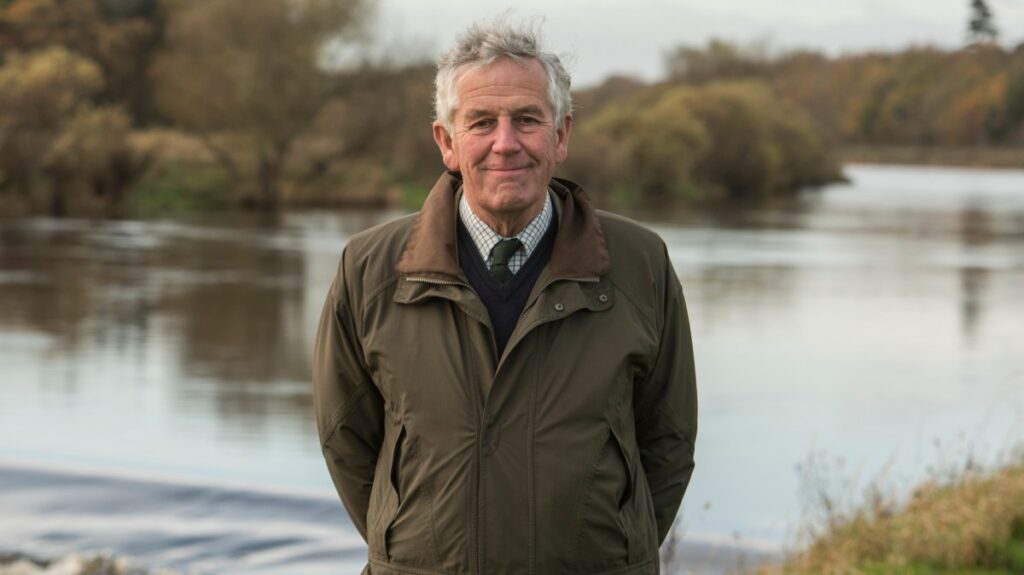
James Hepburne Scott, a visionary in the field of forestry and carbon capture, passed away on August 3, 2025, at the age of 78. Known for his pioneering work in promoting woodland creation and peatland restoration, Hepburne Scott’s contributions have left a lasting impact on environmental conservation efforts in the UK and beyond.
In the 1990s, as the UK government withdrew tax incentives for woodland creation, new tree planting was at a low. Recognizing the potential of private investment in carbon capture, Hepburne Scott explored the voluntary carbon market (VCM), a mechanism that allowed companies to offset emissions through woodland creation. His proposal for a British VCM caught the attention of Steve Prior, leading to the establishment of Forest Carbon in 2006.
Innovative Approaches to Carbon Capture
Forest Carbon, co-founded by Hepburne Scott and Prior, initiated projects that have supported the creation of 275 woodlands and the planting of 13 million trees across the UK and Ireland. The company also pioneered peatland restoration projects, recognizing the significant role these ecosystems play in carbon storage. In 2022, they launched the UK’s first carbon-financed peatland restoration project in Sutherland, followed by another in the Scottish Borders.
“In the 20 years since its creation, Forest Carbon has restored more than 1,400 hectares of degraded peatland.”
Their efforts were instrumental in the development of the woodland carbon code, a government-backed standard launched in 2011, which set criteria for species mix, biodiversity enhancement, and additionality. This code has been crucial in establishing a competitive market for woodland carbon.
A Life of Service and Leadership
Born on July 21, 1947, James Patrick Hepburne Scott was the eldest of three children. His early life was spent on various estates, fostering a deep connection with nature. Educated at Eton College and Sandhurst, he served in the Black Watch regiment, with postings in Germany, Edinburgh, Northern Ireland, and Hong Kong. After leaving the army, he pursued a career in agriculture and forestry, eventually becoming a director at a grain company.
Hepburne Scott’s political ambitions saw him become a prospective Tory candidate, though he remained deeply involved in forestry, serving as chairman of the Forestry and Timber Association. His leadership extended to the Tweed Forum, where he oversaw the planting of over half a million trees to mitigate flooding.
Legacy and Impact
Hepburne Scott’s contributions to forestry were recognized with an OBE in 2023 for services to forestry in Scotland and the environment. His work has not only advanced carbon capture technologies but has also inspired a new generation of environmentalists. He was known for his gregarious nature, often engaging with young people and advising them on careers in forestry and the environment.
“Appointed an honorary fellow of the Institute of Chartered Foresters, he served as president of the Royal Scottish Forestry Society.”
Beyond his professional achievements, Hepburne Scott was a dedicated family man, married to Christian Surtees for 53 years. They raised three children and lived on a farm in the Borders before moving to Wiltshire. His love for music and history was evident in his writings and his involvement in local church affairs.
James Hepburne Scott’s life was one of service, innovation, and leadership. His legacy in forestry and carbon capture will continue to influence environmental conservation efforts for years to come.





